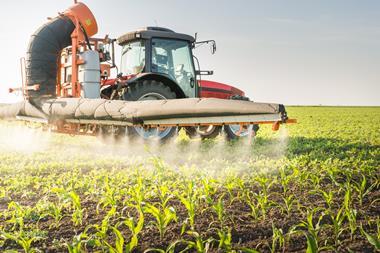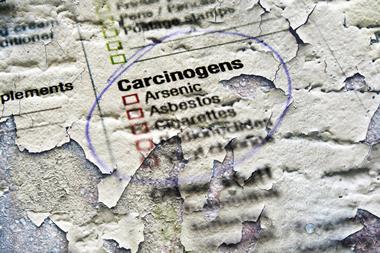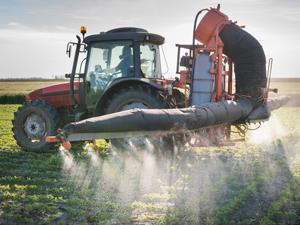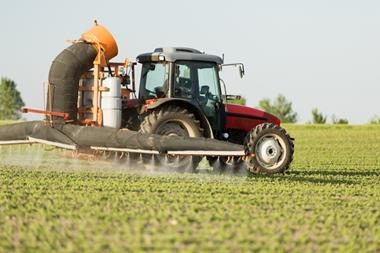UN and WHO panel conclude the herbicide glyphosate is ‘unlikely’ to cause cancer at realistic exposure levels
A new report from the United Nations (UN) and World Health Organization (WHO) has concluded that the controversial pesticide glyphosate is ‘unlikely to pose a carcinogenic risk to humans from exposure through the diet’.
While that conclusion supports recent regulatory decisions in the EU and elsewhere, it could be interpreted as contradicting an earlier report from the WHO’s International Agency for Research on Cancer (IARC) in March 2015, which concluded that glyphosate is ‘probably carcinogenic to humans’. However, a WHO explainer says the two reports are ‘different, yet complementary.’ It clarifies that the IARC reviews published studies to identify potential cancer hazards and does not estimate the level of risk to the population associated with exposure to the hazard, while the new report’s authors reviewed both published and unpublished studies to assess the level of health risk to consumers associated with dietary exposure to pesticide residues in food.
Julie Goodman, an epidemiologist, toxicologist and consultant to the Industry Taskforce on 2,4-D Research Data, says the new UN–WHO report makes sense. ‘What the IARC is doing is looking at harm – using any possible theoretical situation,’ she notes. ‘While there is value to knowing the hazard of a substance, it is not the complete picture – you need hazard and exposure to determine whether or not there is a cancer risk.’












No comments yet